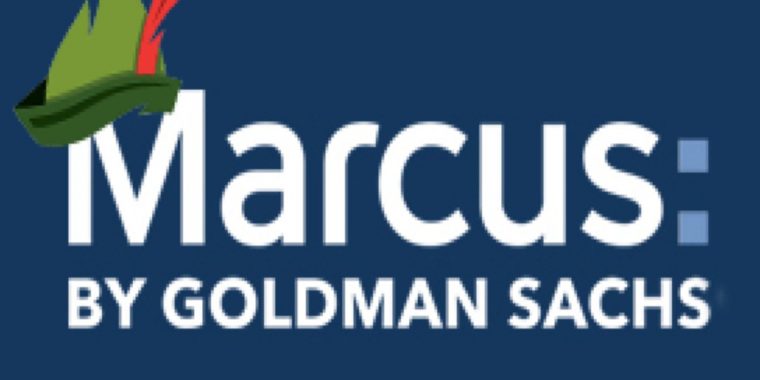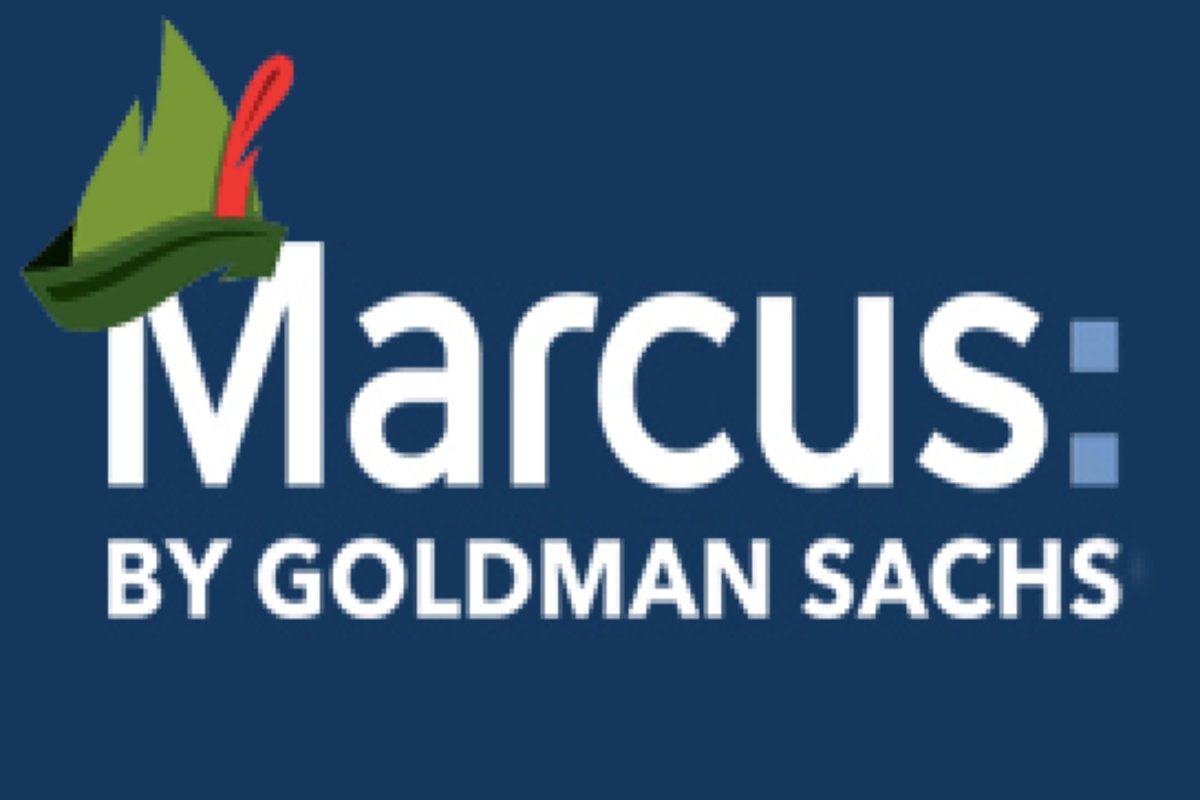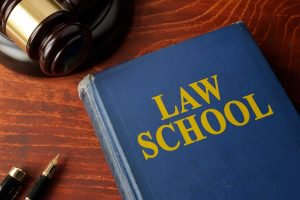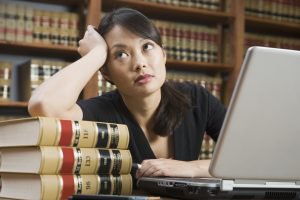When I was in law school, I had many flawed perceptions about what it would be like to be a practicing attorney. I imagined that most lawyers spend their days in court arguing motions or presenting cases to juries. In addition, I thought that time in the office was spent on legal research, writing briefs, and other strictly legal tasks. However, as many lawyers understand firsthand, the actual practice of law is extremely different from what many people may perceive. Indeed, many attorneys don’t really practice much law in any traditional sense, or at least spend the majority of their time on tasks that do not involve strictly legal skills.
Some attorneys work on matters that by their very nature do not require much legal acumen. For instance, I spent several years earlier in my career working on mass torts cases. In this role, very little of my time was spent on brief writing, arguing motions, or traditional legal duties. Instead, the vast majority of my hours were spent completing tasks that did not require much legal skill.
For example, depositions in these mass torts matters were not like examinations before trial in ordinary lawsuits. Numerous companies were typically sued in each of these mass torts matters, and depositions were usually attended in person or by phone by dozens of lawyers. Oftentimes, the depositions would go for days or weeks, since one attorney would ask questions that related to all of the defendants, and each attorney would ask client-specific questions for a short while, usually from a script. In a sizable amount of cases, I did not need to do anything at these depositions except take notes, since our clients were not named at the depositions, and I just needed to be there in case we were implicated in the case.
Of all the skills I learned in law school, the ability to type quickly was the thing that allowed me to succeed the most at these depositions! Of course, sometimes, I would have to step up and do more of the leg work at these examinations. However, the vast majority of these depositions simply involved taking notes and basically reading from a script, tasks that did not require too much legal acumen.
Court conferences in these mass torts matters were also unlike conferences in traditional cases. Since there were dozens of defendants in many of these matters, only a few liaison attorneys did the vast majority of the talking at these gatherings. Our job would be to simply take down notes from the conferences and let everyone know about deadlines or other details that needed to be circulated. On numerous occasions, I would travel many hours (all billable) to a court conference to simply take notes for five to ten minutes about our matters, and then travel many hours back home! Again, none of this work involved much legal acumen other than the ability to take good notes. Even when we drafted motions in these matters, the briefs were the same formulaic papers we wrote many times before, and we only needed to substitute a few factual details for each individual case.
Even attorneys who work on more traditional legal matters may not spend the majority of their time on traditional legal tasks. Since many courts are clogged, and because most cases are headed to trial, many litigation matters are settled between the parties. In fact, much of the time I spend on litigation matters is not on motion practice or discovery, but on back-and-forth trying to resolve my cases. For many matters, the settlement process occurs at different stages of the lawsuit, so this back-and-forth is even more time-consuming.
The “wheeling and dealing” involved in lawyering is not merely confined to settling matters. Rather, many courts require parties to come to an agreement, either during meet and confer procedures or at more formal court conferences. The art of negotiation is not usually taught or tested in law school (although some schools have amazing courses on this subject), but this skill is absolutely critical to the practice of law.
I don’t want to put any lawyers down with this article! There are many reasons why attorneys need to conduct more administrative tasks rather than flex their legal skills. Indeed, companies need to have attorneys present and performing work simply to cover themselves in the unlikely event that a company’s interests are at risk. Furthermore, the standardized nature of many mass torts matters requires that attorneys handle work in a way that does not resemble traditional lawyering. It seems like attorneys who work at bigger firms on larger matters may spend more time on nonlegal tasks due to the bureaucracy of working on such larger cases. Since starting my own shop, the vast majority of my time is spent on traditional legal tasks, since I generally work on smaller matters that do not have many administrative requirements.
In any case, I have heard attorneys describe the “wheeling and dealing” involved in many matters as “soft lawyering” rather than the “hard lawyering” that people more traditionally associate with attorneys. Even if certain tasks performed by attorneys do not involve traditional legal skills, lawyers still benefit from the legal knowledge they learned in practice and in law school. Even if your job is simply to take notes or negotiate deals, these tasks are enriched by an attorney’s understanding of legal issues.
However, it is still important to recognize that many attorneys do not practice law in the traditional sense, so that law students can fully understand what they may be getting into when entering the profession. In addition, lawyers should understand that if they handle certain types of legal matters, they may need to rely on “soft lawyering” more than the “hard” legal skills they developed in practice. Perhaps most importantly, clients should be aware that lawyers routinely spend significant amounts of time on nonlegal tasks so that they can respond accordingly.
 Jordan Rothman is a partner of The Rothman Law Firm, a full-service New York and New Jersey law firm. He is also the founder of Student Debt Diaries, a website discussing how he paid off his student loans. You can reach Jordan through email at jordan@rothmanlawyer.com.
Jordan Rothman is a partner of The Rothman Law Firm, a full-service New York and New Jersey law firm. He is also the founder of Student Debt Diaries, a website discussing how he paid off his student loans. You can reach Jordan through email at jordan@rothmanlawyer.com.
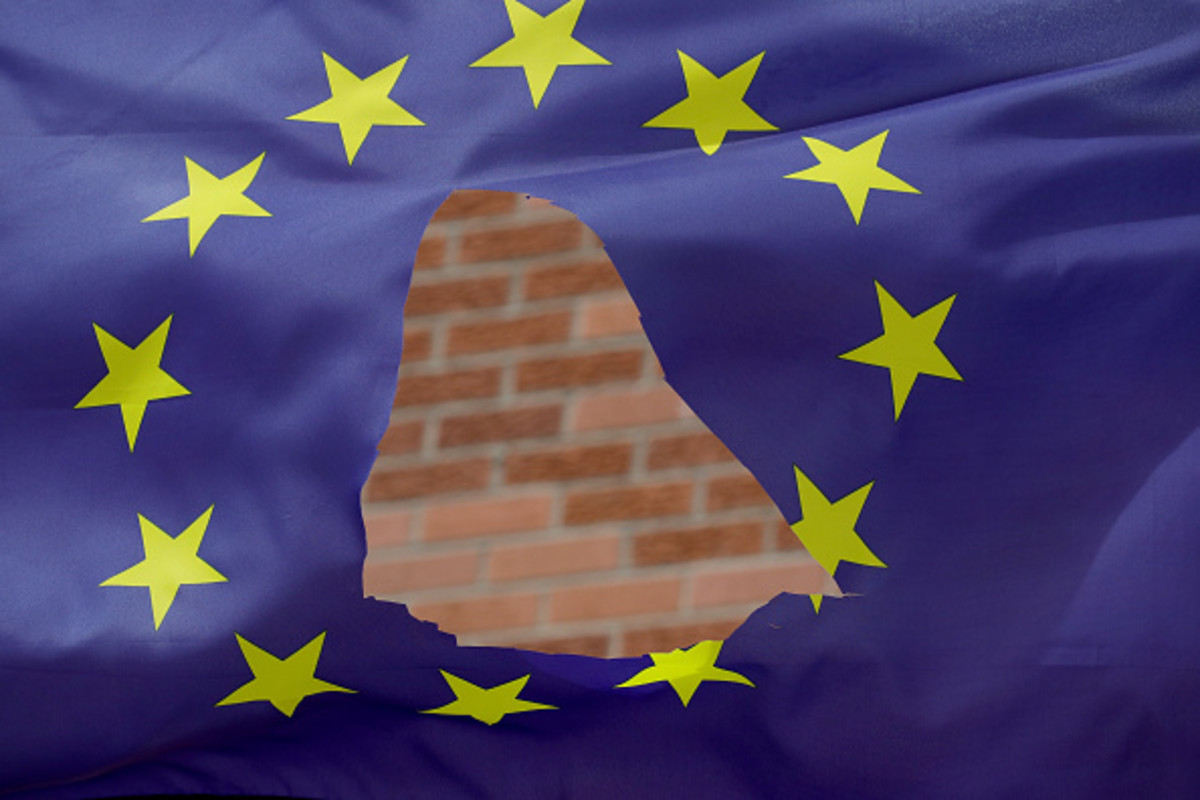

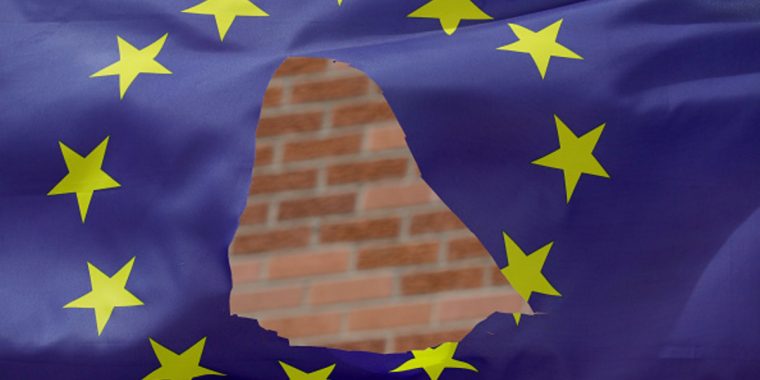


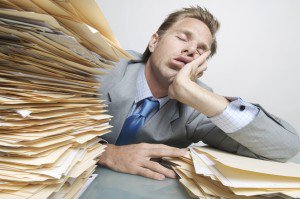
 Jordan Rothman is a partner of
Jordan Rothman is a partner of 





